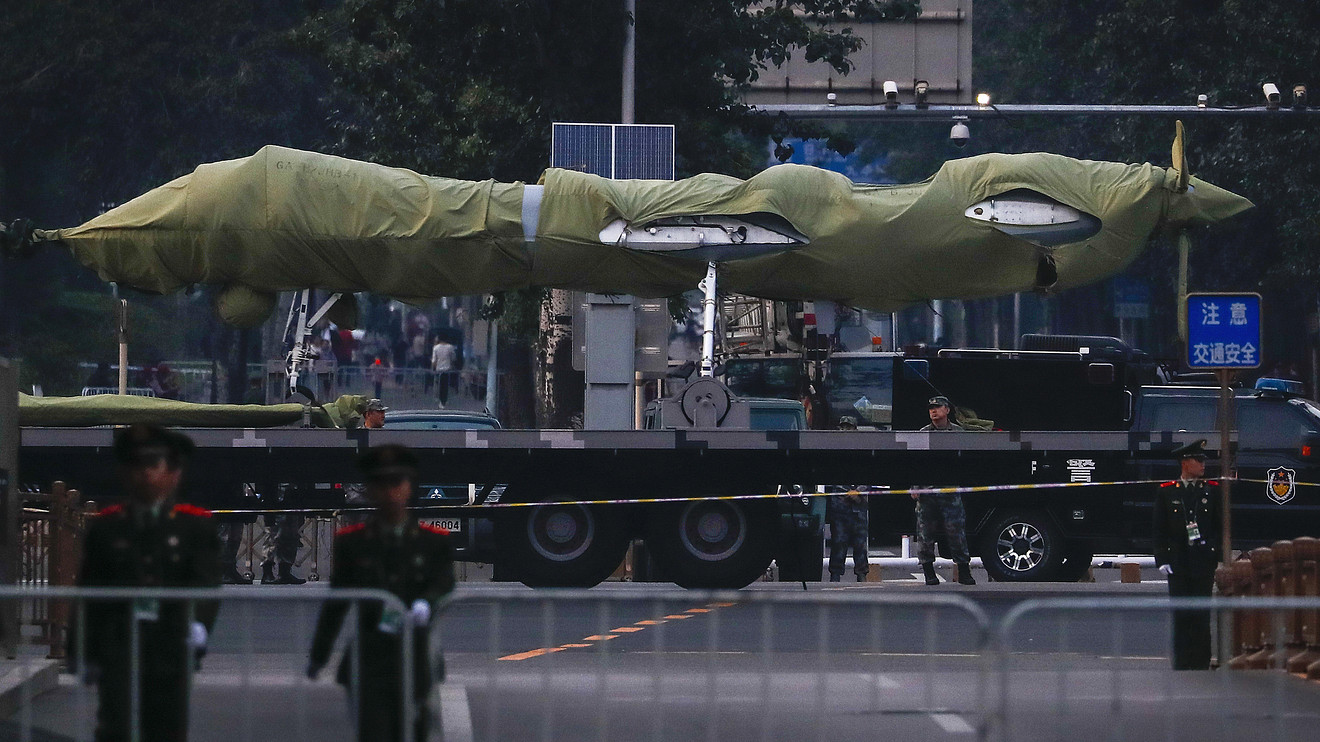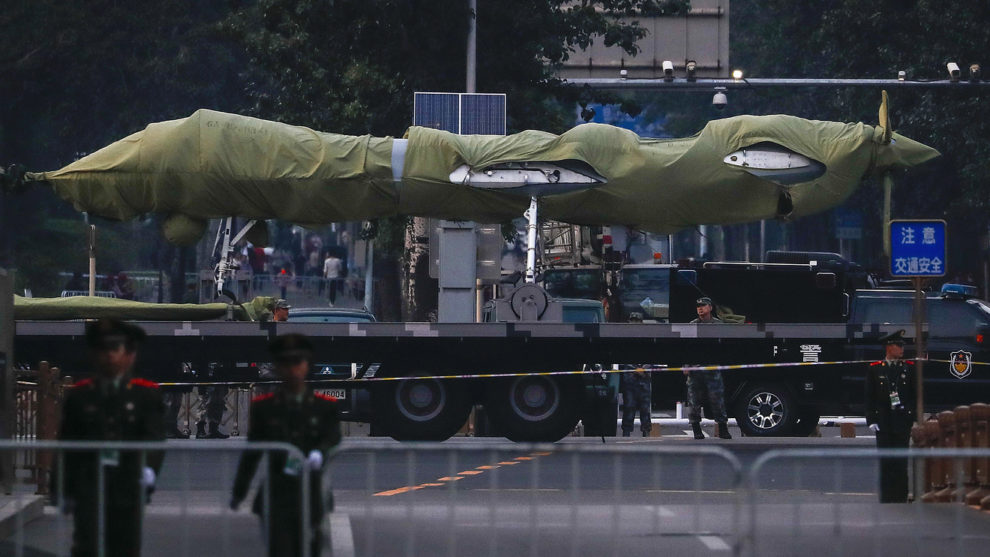
On Tuesday, China will celebrate 70 years since the founding of the People’s Republic.
After decades of turmoil during the Mao era, the country opened up and pulled nearly a billion people out of poverty, and now stands on the brink of overtaking the U.S. economy as the most powerful in the world.
Change in the country has been breathtaking. Infrastructure, public transportation, military prowess, and technological innovation have made China one of the most dynamic countries on Earth.
But its political system remains ossified, under the firm grip of President Xi Jinping, who is set to remain in power for an unprecedented third term. Xi’s campaign to squash his political rivals has largely been a success. But a weakening economy means discontent could exacerbate dissatisfaction among more reformist wings of the party. China’s economy is now growing at its slowest pace in a generation, and may clock in at under 6% soon — a years-long cooling that has been accelerated by the U.S.-China trade war.
At this proud moment, having returned to great-nation status, China faces numerous potential trouble spots. Debt remains unwieldy, wages are increasing and have begun to make exports less competitive, a bursting of housing bubbles would not be out of the question, and the country’s currency and stock markets remain immature and unpredictable.
Food prices have also risen, with leaps in the cost of fruits, some vegetables and China’s favorite meat — pork — which has been devastated by the deadly African swine fever that has swept across the country, resulting in the culling of one-third of China’s hogs.
And, of course, there’s Hong Kong, where impassioned anti-mainland protests have now surpassed 100 days, breathing new life into a movement that sees an overbearing Beijing angling to curtail Hong Kong’s thriving democratic way of life.
See: More violent clashes in Hong Kong ahead of China’s National Day
Perhaps most damning for China in the eyes of the international community has been the well-proven forced detainment of hundreds of thousands of males from the Uighur minority in Xinjiang, in China’s remote northwest — as part of a campaign to “re-educate” people whom Beijing describes as at risk of Islamic radicalization.
See: ‘Socially responsible’ investors may have unwittingly backed police-state surveillance in China
China’s next 70 years are unlikely to be like its first 70. It will soon experience a rapid decline in its working-age population, draining pension systems and placing economic strain on the disproportionate number of older citizens who need care. With the country’s demographic balance shifting toward the elderly, it’s not an optimal time for the economic growth rate to fall from double-digit percentages to 5%.
But there are bright spots. As the wages for low-level workers has risen, China has done what successful East Asian countries before it did: It focused on producing high-value-added goods, with a better-trained workforce and more advanced exports.
See: The trade war is over, and the winner is China, writes Howard Gold
Its progress in 5G technology and autonomous driving, for example, have been among the most impressive in the world. It successfully landed a rover on the moon. It is expected to roll out its own digital currency in several months, which may give policy makers more flexibility to ensure secure transactions and crack down on rampant money laundering.
Xi has managed to navigate his country’s rise in part via savvy leadership. But he’s also had it relatively easy. He crushed his potential rivals and enjoyed relatively calm domestic and international waters. That may be changing, and adapting to the changing currents will be a test of his political acumen.
Tanner Brown is producer of the Caixin-Sinica Business Brief podcast and a writer in Beijing.











Add Comment